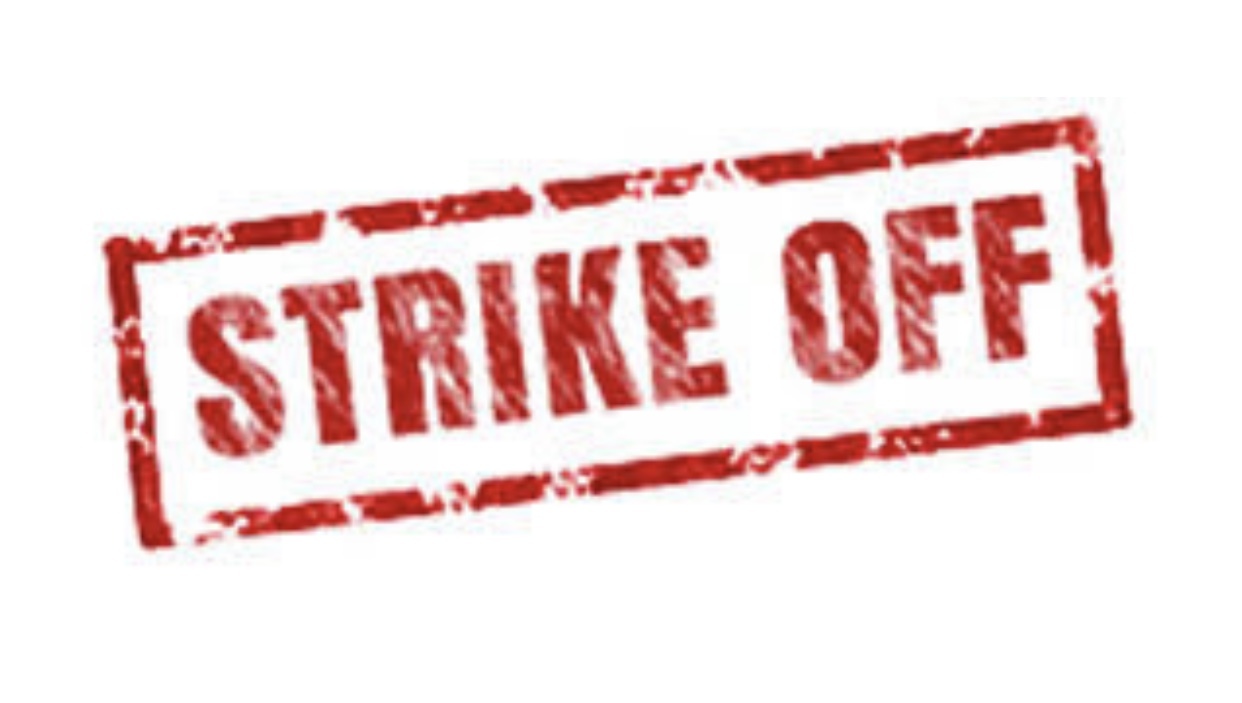Compulsory Strike Off is imposed by the Companies House. This is generally considered to be the ultimate consequence of continued failure to submit confirmation statements and Annual Accounts; the Companies House will eventually consider that the company is no longer listed and will take steps to remove it from the company register.
I have received a compulsory strike off notice, how can I stop it?
There are two main steps to prevent a mandatory strike from occurring:
1. Respond without delay to the Companies House and indicate that the company is still operating and trading.
2. Ensure the annual accounts and confirmation statement are promptly filed and submitted to the Companies House.
What are the consequences of mandatory removal?
The company ceases to exist: The main consequence of mandatory deletion is that once the company is dissolved, it ceases to exist as a 'legal entity' and is therefore unable to conduct business or perform the legal functions of a company to exercise.
Assets: all assets of the dissolved company are considered and automatically become the legal property of the Crown. This includes money in the company's bank account (which is frozen).
Damage to reputation: When a mandatory strike goes public, it can negatively affect the reputation of the company, even if the company does not end up being dissolved. That is why it is essential that the confirmation statements and annual accounts are submitted on time.
Directors: Mandatory removal can lead to enforcement actions against individual company leaders in addition to the company. It should be noted that it is a criminal offence not to provide confirmation statements or annual accounts and directors can be personally prosecuted and fined. Also, former directors may have a harder time starting a new company in the future.



